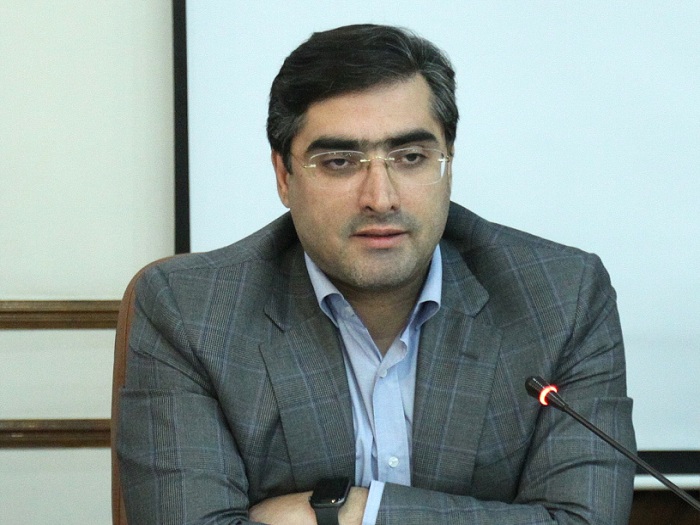The next three years, eighty-five billion dollars of exports

DEPUTY DEPARTMENT OF INDUSTRY: Our partners at the Trade Development Organization are studying commodity needs in fifteen neighboring countries. At present, our exports to these countries are $ 20 billion, and we expect to reach $ 80 billion in the next three years.
Mehdi Sadeghi Niyarki, speaking at the conference on the protection of national production, referring to the oil-free economy and the need to support it, said: "For many years, the policy of closing oil wells and transferring them to the next generations was one of the major policies of the system. All programs go accordingly.
Forty-five percent of the annual growth was related to the commodity industries such as metals and minerals, twenty-two percent to auto parts and the rest to the food industry.
Sadeghi continued: For the past 40 years we have shifted away from the construction-based industries and have grown on the basis of the country's advantages, most notably energy. While all advanced economies have invested in construction-based industries. Given these conditions, it is natural that our exports will also be based on commodity industries.
Referring to statements by Saudi oil minister three years ago, he said: "The oil minister of the country, which is the world's leading oil producer, has predicted that in 2020 he will no longer be a customer for oil, and today that we are 2020 and countries like Iran, Libya and Iraq will There are various reasons for a minimal presence in the oil market, but OPEC is holding a meeting to cut oil production to prevent falling prices. That means we have to spend $ 20 to $ 25 by 2030.
"The world's economies are no longer dependent on oil and renewable energies have been replaced by fossil fuels," he said. Speaking of a non-oil economy today is a mandatory success, while much of the economic growth in 1986 was due to the lifting of the embargo on oil sales.
Sadeghi said that the non-oil economy is dependent on both brain development and organizational development, adding that brain and human resources and organizational development are based on the knowledge and technical principles we need today. While we are in a good position in the petrochemical industry, we still need knowledge. If we go up from methanol production to a higher profile production step, the price of the product will triple, and if we reach automotive consumables, the price will be seventy times that. We have to move to higher rings to make progress in the field of energy.
"We identified twenty-two valuable areas in the ministry and developed our plans to develop it," he said, referring to the Ministry of Industry's plans to support production. One of the projects of the Ministry of Industry is the development of the interior. With the increase in the exchange rate, the production of many construction-based goods has become economically viable, and most manufacturers have seen significant growth in supply of raw materials compared to the previous year. We are looking to save $ 10 billion by 1400, which will reduce imports.
"In line with the law on protecting the interior, we were required to create such a site to link manufacturers and consumers," the deputy minister of industry said, referring to the launch of Tavan Iran website. By law, any foreign purchase must be uploaded to this site three months in advance to determine that it has no production needs inside. All government agencies and even the leadership and private sector subcommittees that receive funding from the National Development Fund or other facilities should meet their needs on this site, and those who do not will be punished.
Sadeghi said about the ministry's plans for export, saying: "Our partners in the Trade Development Organization are conducting commodity needs studies in 15 neighboring countries." At present, our exports to these countries are $ 20 billion, and we expect to reach $ 80 billion in the next three years.
He added: So far, there have been nine in-house construction workshops in the Ministry of Industry, three of which are related to automobiles resulting in the internalization of seventy-five million euros of auto parts. By holding the first table, twenty thousand cars were commercialized on the factory floor.
The deputy minister added that in the field of telecommunications industry one hundred and eighty million euros and in the field of oil and energy ninety and two million euros have been saved by closing contracts with domestic companies. By the end of the year we will also have two home appliance events and one rail equipment event.
* Ilna










